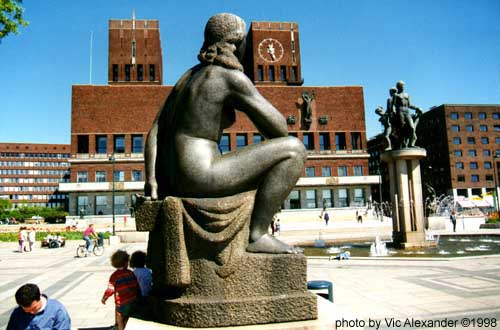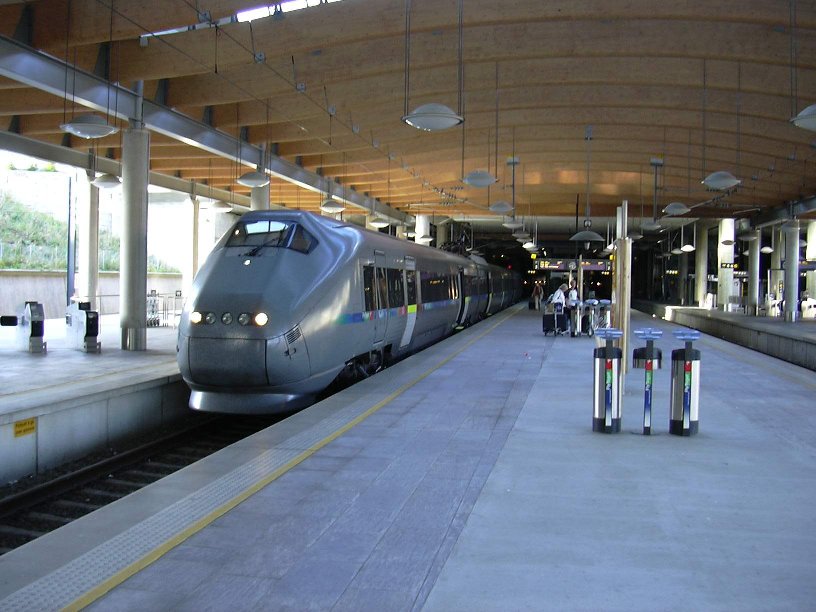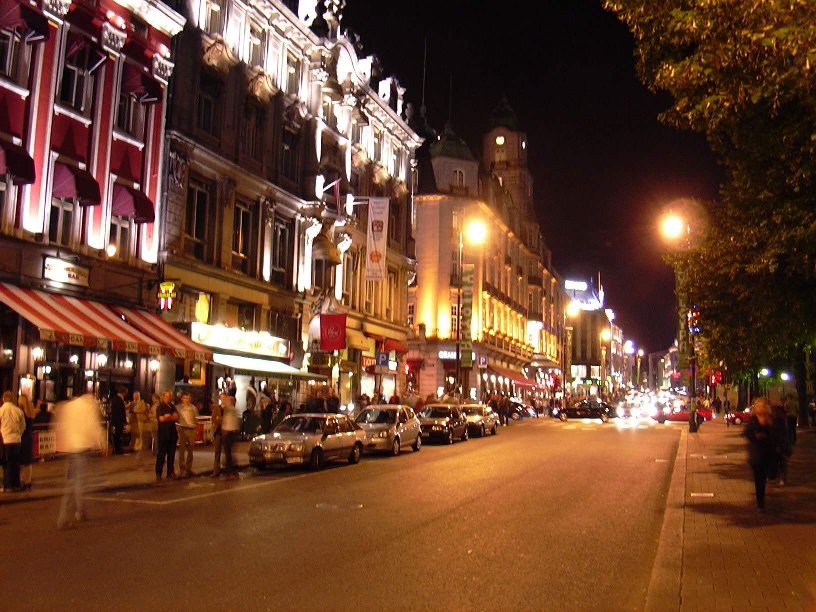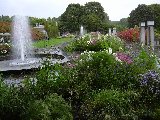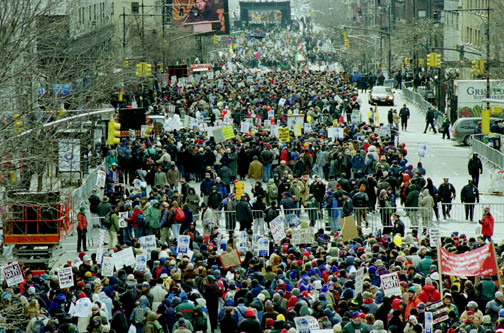
A Gikuyu-American Who Composes in Dholuo and Speaks Flawless and Fluent Kiswahili
An audio-text PROFILE by Onyango Oloo
“Baba Lali” is a very good friend of mine, a Swahili-Canadian truck driver who lives in Hamilton, Ontario. We met in Toronto over 15 years ago but our mutual family ties go back over twenty years to certain neighbourhoods in Mombasa, Kenya. He has a dedicated weekly run between the United States and her northern neighbour.
The other evening, earlier this week, on a late fall November day “Baba Lali” called me from a pit stop in southern Ontario.
We spoke for a very long time about a lot of things.
In the course of this conversation he told me:
“Oloo, there is a very good friend of mine that I would like you to meet one of these days. He lives in New York City and I have known him for over thirty years. He has a very interesting story. He was once on the Kenyan national boxing team, but now he is a musician in America. The interesting thing about him is that even though he is a Mgikuyu he composes songs in Dholuo and having lived in Mombasa for such a long time, his Kiswahili is so perfect that you would think he is indigenous to the Coast Province. His name is Boniface Kahoro Kibochi.”
I was very excited.
“We must have him on DUNIA! Can you please give him my number?”
That very evening there was a message on my voicemail from the 718 area code. After a brief phone-tag between my apartment, my cell-phone, my office and the above area code we finally made contact on Thursday afternoon when Kahoro finally got through to me at work. After the ritual of mutual formal introductions we agreed that we could catch up for a pre-recorded long distance interview for the DUNIA show and Kenyans around the world listening online.
Boniface Kahoro wa Kibochi was born in the Kenyatta Estate

of





Nairobi.
In the early 1960s, when he was still a teenager, Kahoro wa Kibochi moved to the ancient Indian Ocean port city of
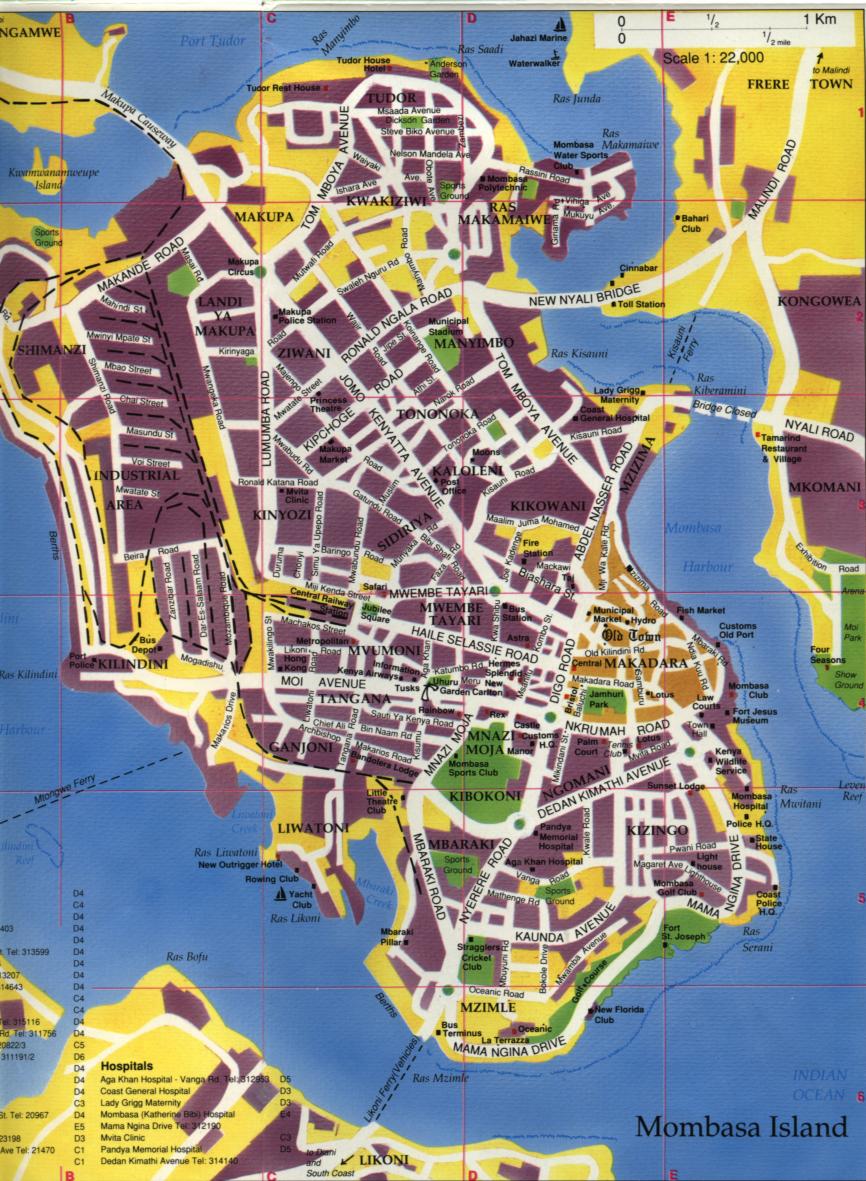
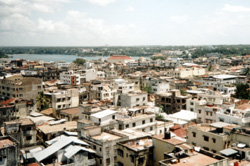
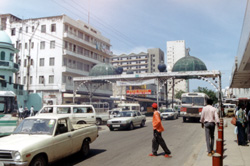



Mombasa
Where he soon joined the

the Kenya Navy, specializing in Communications.
Even before his move to Mombasa, he had expressed a precocious interest in amateur boxing. Under the tutelage of Mzee Owiso, he picked up the craft of pugilism and later on fought at different berths for the Armed Forces team, eventually landing a slot in the Kenyan national squad. He was a contemporary of such
legendary Kenyan boxers like Philip Waruinge, who won a gold medal at the 1970 Commonwealth Games and a silver at the 1972 Olympics Games before becoming one of the first Kenyans to turn professional when he moved to Japan and acquired a Japanese name. The other legendary boxer was the stylish flyweight powerhouse

Steve Muchoki who retired in Denmark in the 1980s after a fairly decent professional career.
In that Golden Era of Kenyan boxing, the neigbouring country of Uganda produced some of the most ferocious opponents and rivals like former World middle weight champ

Ayub Kalule.
Many Kenyan boxers like the late Robert Wangila, the late Modesti Napunyi the late Stephen Moi as well as the colossus from yesteryear

Dick Tiger Murunga either were dispatched to early graves due to ring related injuries or
found themselves grappling with a host of health and economic challenges that were largely met with widespread public and government indifference despite the fact that it is Kenyan sportsmen and women, almost as much, if not more than our lions, giraffes, lakes, mountains, beaches and rift valleys that have put our country on the world map.
In the early 1980s after retiring from the Kenya Navy, Kahoro wa Kibochi became the first trained referee for professional boxing in Kenya and was soon elected to be secretary of the Kenya professional boxing body that was set up in 1983. He was involved together with titans like David Attan in popularizing professional sports in Kenya despite the hurdles and numerous teething problems.
At the end of the 1980s he moved to New York City where he once more reinvented himself.
This time he went back to an early love that he had been dabbling with- music. He decided to take formal guitar and music lessons from



Karlus Trapp, an African-American musician and band leader with Caribbean roots well known in New York artistic circles.
It was from this professional context that their 2003 collaboration, Vernacular Songs of Kenya sprung. Kahoro wanted to go back to his Nairobi childhood, the multi-ethnic cosmopolitan milieu to compose songs of love, politics, community; songs suffused with humour and social commentary. In an innovative twist, Kahoro penned lyrics not only in his mother tongue Gikuyu, but in Dholuo which he had spoken fluently in his youth, and Kiswahili which he speaks flawlessly with that musical Mombasa accent to this day, despite living in America for almost twenty years. But the creativity did not stop there. He decided that his voice was not good enough for his lyrics so he taught his teacher the Luo, Gikuyu and Kiswahili lyrics a remarkable feat because as Karlus notes on his own web site, Mr Trapp had never uttered a word of “African” before laying down 90% of the vocals in their independent CD release that recently got an “honourable mention” from Billboard when Kahoro submitted two songs from the 7-track EP for competition.
On Thursday, December 2, 2004, Onyango Oloo had an 84 minute conversation in Kiswahili with Kahoro wa Kibochi about many of the above issues, plus much much more. It was an infectious, fun filled exchange as you can hear for yourself if you want to listen to the interview right now…
Listen to a sample of the song,
"An Jarabwoon JaGatundu Part 1"
Here is "An Jarabwoon JaGatundu Part 2"
Check Out "Ndimugikuyu-Mwamerika"
And This is "Siasa rach-JoKenya Ber"
Click Here to purchase your own copy of Kahoro and Trapp’s Vernacular Songs of Kenya from CD Baby.
To contact Kahoro wa Kibochi, send him an email at:
bonkaki@worldnet.att.net
I hope you have enjoyed that leisurely ride,
Sincerely,
Onyango Oloo,Montreal








